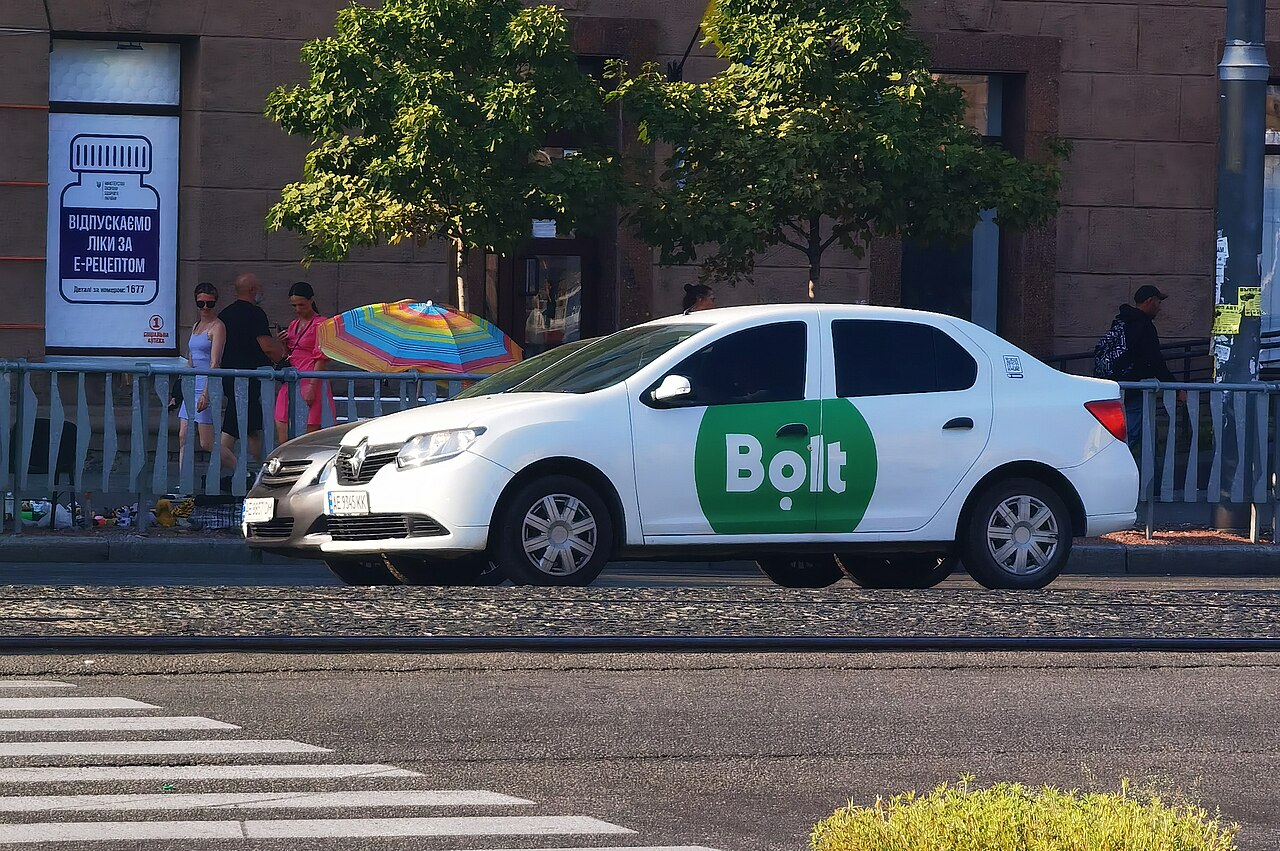South Africa’s Ambassador to the United States, Ebrahim Rasool, has been expelled from Washington. On Friday, Rasool was given 72 hours to pack his bags and leave the country.
The US Secretary of State, Marco Rubio, wasted no time in taking to social media (because apparently this is where international diplomacy takes place in 2025), posting: “South Africa’s ambassador to the United States is no longer welcome in our great country. Ebrahim Rasool is a race-baiting politician who hates America and hates [President Donald Trump]. We have nothing to discuss with him and so he is considered persona non grata.”
South Africa's Ambassador to the United States is no longer welcome in our great country.
— Secretary Marco Rubio (@SecRubio) March 14, 2025
Ebrahim Rasool is a race-baiting politician who hates America and hates @POTUS.
We have nothing to discuss with him and so he is considered PERSONA NON GRATA.https://t.co/mnUnwGOQdx
Rasool’s persona non grata status is in response to comments he made about the Trump administration during a webinar hosted by the Mapungubwe Institute for Strategic Reflection.
What led to this expulsion?
Rasool’s remarks at the webinar were the final straw. He accused Trump of leading a global white supremacist movement and suggested that the MAGA movement was a response to America’s shifting demographics. “Trump is launching an assault on incumbency by mobilising supremacism at home and abroad,” Rasool stated. He also argued that Trump’s hostility towards South Africa was partly due to the country’s anti-apartheid legacy, which he described as “the historical antidote to supremacism.”
These comments were quickly seized upon by right-wing media in the US, with Breitbart and other conservative outlets portraying Rasool as an anti-American radical. Rubio’s response was swift, and within hours, Rasool’s diplomatic status was revoked.
This is just the latest flashpoint in a relationship that has been going downhill fast. Since Trump’s return to office, tensions between the US and South Africa have escalated. Washington has taken issue with Pretoria’s foreign policy stance on Palestine, its close ties with BRICS nations, and its land reform policies.
Trump has also slashed aid to South Africa and voiced strong support for white Afrikaner interest groups, accusing the government of discrimination against them.
South Africa’s response
Pretoria isn’t happy about the move but is treading carefully. The government called Rasool’s expulsion “regrettable” and is working to smooth things over with Washington. Chrispin Phiri, spokesperson for International Relations and Cooperation Minister Ronald Lamola, confirmed that Rasool’s return was being expedited. Pretoria is making arrangements for his return as well as appointing a replacement. “We are determined to ensure that our relationship with the United States not only remains mutually respectful, but mutually beneficial,” he said.
Lamola, however, didn’t hold back in criticising how the US handled the situation, stating, “It is not helpful to engage in Twitter diplomacy.” He emphasised the need for closed-door discussions rather than public spats.
In an interview with explain, John Stremlau, Associate Director of International Relations at the Rockefeller Foundation and Visiting Professor at Wits University, sees this as part of a broader problem under Trump’s leadership.
“The throwing out of Rasool was typical of the cavalier and undiplomatic approach of the Americans under Trump,” said Stremlau, adding that “South Africa is the only adult in the room”.
What happens next?
With Rasool’s departure, South Africa now needs to find a new ambassador, and quickly. Department of International Relations and Cooperation (DIRCO) spokesperson Clayson Monyela confirmed that three candidates have already been shortlisted.
But the real challenge for Pretoria is much bigger than just replacing an ambassador. The US is South Africa’s second-largest trading partner and plays a key role in the African Growth and Opportunity Act (AGOA), which gives South African goods preferential access to American markets. If relations continue to sour, it could have real economic consequences.
On the global stage, South Africa is also dealing with Trump’s growing hostility. The US president has already snubbed recent G20 meetings hosted in South Africa, and with Pretoria currently holding the G20 presidency, this doesn’t bode well for future cooperation.
Speaking of future cooperation, according to Stremlau, engagement with the Trump administration may not even be worth the effort. “South Africa has been behaving responsibly but I don’t think there can be any engagement at all with the Trump administration under these circumstances, even at the highest level.”
His reasoning? “The MAGA crowd, and certainly Trump and his South African-born advisor (Elon Musk), do not believe in soft power,” he said. This has been evident in Musk’s actions under the Department of Government Efficiency (DOGE) and the administration’s broader approach to aid. “Cavalierly killing off aid and ending programmes that people depend upon in poor countries” only reinforces the notion that diplomatic engagement could be a futile act.
The political fallout
Back home, the expulsion has sparked a political firestorm. The Economic Freedom Fighters wasted no time in blasting the US, calling on President Cyril Ramaphosa to “not allow the country to be bullied by the orange clown occupying the White House.” The Democratic Alliance, meanwhile, used the incident to question why the ANC still has exclusive control over diplomatic appointments, arguing that members of South Africa’s Government of National Unity (GNU) should also have a say.
Pan Africanist Congress (PAC) Secretary General Apa Pooe also weighed in, calling the US decision an attack on South Africa’s sovereignty. “SA is not a puppet of the US. We have the right to govern our country without any interference,” he said.
Stremlau warns that South Africa may be facing a larger battle than just its relationship with the US. “[The US] is targeting South Africa as a pluralistic democracy. South Africa’s constitution represents, in the most fundamental way possible, diversity, equity and inclusion,” says Stremlau, noting that the Trump administration “seems hell bent on an authoritarian regime, with white, male, Christians in control of the United States”.
Based on the fact that Trump’s cabinet has only three people of colour and five women in the 25-seat cabinet, Stremlau’s comments seem to fit.
A defining moment for South Africa’s foreign policy
Rasool’s expulsion is more than just a diplomatic headache—it’s a moment of reckoning for South Africa’s foreign policy. With Washington becoming increasingly combative, Pretoria now faces a difficult decision: Does it try to mend fences with Trump’s America, or does it double down on an independent foreign policy that might further strain relations?
As Rasool makes his way home, South Africa must decide how to move forward. Will this be a chance to recalibrate and strengthen diplomatic ties, or is it just the latest step in a slow-moving breakup between Pretoria and Washington?
Emma is a freshly graduated Journalist from Stellenbosch University, who also holds an Honours in history. She joined the explain team, eager to provide thorough and truthful information and connect with her generation.




